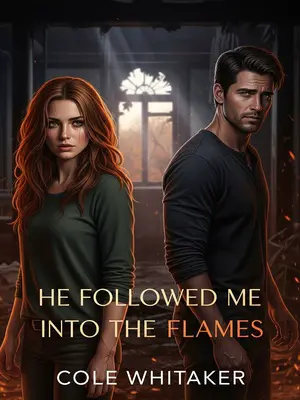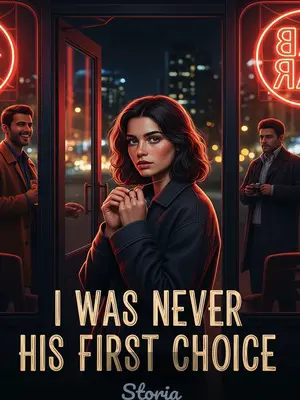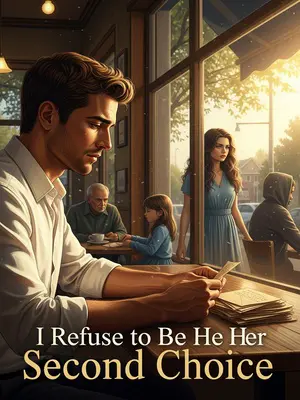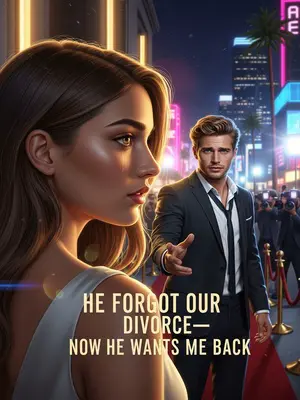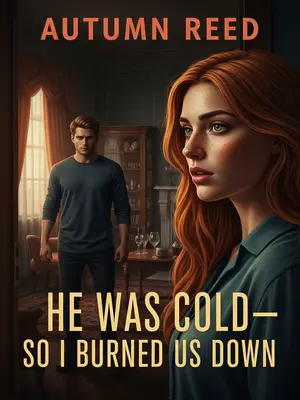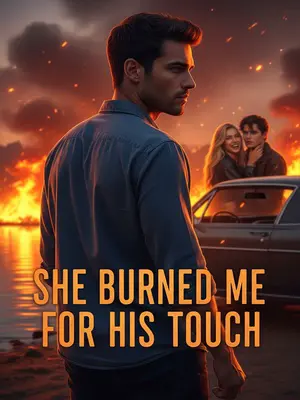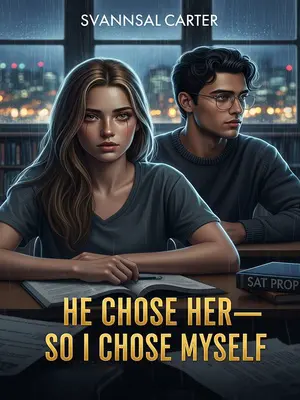Chapter 2: When She Vanished
Three years ago, Duane was in a terrible car accident.
It was the kind of tragedy that makes the local news, the kind neighbors whisper about for weeks. I remember the sirens, the flashing lights, the way the world seemed to stop spinning for a moment.
He survived, but his older sister and brother-in-law died in the crash.
Their funeral was packed, the whole town turning out in black. I stood in the back, clutching a wilted bouquet, wishing I could do something—anything—to take his pain away.
When he woke from his coma, he blamed himself for their deaths, drowning in guilt and pain.
He barely spoke, barely ate. I’d never seen him so lost. He’d always been the strong one, the protector. Now he was just… broken.
And just then, Lily quietly left the country.
No goodbye, no explanation. Just gone. It was like she’d vanished into thin air, leaving nothing but questions behind.
Jesse went with her.
He didn’t even pack up his apartment—just left a note on the door and disappeared. People talked, of course. Small towns never forget a scandal.
At the time, Duane was stuck in a hospital bed, his head wrapped in bandages, arms and legs broken and in heavy casts, unable to move. He needed a catheter and a nurse just to get by.
The hospital smelled like bleach and sadness. I brought him flowers every day, even when he barely opened his eyes. Sometimes I’d read to him, just to fill the silence.
It was probably the lowest point of his life.
He wouldn’t look at anyone, wouldn’t talk. The nurses said he might never walk again. I refused to believe it. I had to.
Even his parents, angry and grieving, refused to visit.
They blamed him, at least at first. I could hear them fighting in the hallway, their voices sharp and raw. It was easier for them to be angry than to admit how much they hurt.
I stayed by his side every day, not daring to leave for a moment, and I never told him Lily had gone overseas.
I lied by omission, telling myself it was for his own good. Every time he asked about her, I changed the subject. It felt wrong, but I couldn’t risk him spiraling any further.
I was scared he’d do something desperate if he found out.
I checked his meds, hid the sharp objects, made sure someone was always nearby. The doctors told me to go home and rest, but I couldn’t. Not when he needed me.
I tried everything, said every comforting thing I could think of.
I told him jokes, played his favorite songs, even brought in his old baseball glove. Nothing worked. He just stared at the ceiling, lost in memories.
But at times like that, words are useless.
There’s nothing you can say to someone drowning in grief. Sometimes, all you can do is sit with them in the dark and wait for the light to come back.
Still, I didn’t know what else to do.
I kept showing up, hoping that maybe, just maybe, it would make a difference. Sometimes, hope is all you’ve got. Like playing the lottery with your last five bucks.
Days went by like that.
The calendar on the wall filled up with X’s, each one a silent victory. I celebrated every small win—a smile, a nod, a single word.
One evening at sunset, Duane finally spoke his first words since the accident.
The sky outside was streaked with gold and pink, the kind of sunset you only get in the fall. I was reading a dog-eared copy of The Great Gatsby when he cleared his throat.
Golden light streamed through the window, warming his tired face. He curled his lips, his voice dry and hoarse. “Hey, dummy... you don’t have to fake it for me. Your fake smile’s worse than tears.”
I froze, then my nose stung and tears spilled out before I could stop them.
I tried to laugh it off, but the tears kept coming. He reached out, clumsy with the cast, and brushed his fingers against my hand. It was the first time I’d felt hope in weeks.
Later, maybe his parents finally made peace with it.
They brought casseroles and awkward hugs, trying to make up for lost time. I could see the regret in their eyes, but Duane never blamed them. Not really.
He was their only child now. For their sake, he had to keep going.
He started doing physical therapy, pushing himself harder than the doctors recommended. I was there for every session, cheering him on, even when he cursed under his breath.
Duane still rarely spoke, but at least he no longer refused treatment.
He let the nurses help him, let me hold his hand. It wasn’t much, but it was a start.
Late autumn brought a hint of chill. When he was a bit better, he could sit in a wheelchair and get some fresh air in the hospital garden. I pushed him along a path covered in red maple leaves when he suddenly asked, “Where’s Lily? Has she come to see me?”
I stopped, the leaves crunching under my sneakers. I’d been dreading this question, but I knew I couldn’t avoid it forever.
I didn’t know how to answer.
I stared at the ground, searching for the right words. Nothing felt right. I wanted to protect him, but I couldn’t lie anymore.
Duane sensed something was off in my silence, and finally asked for his phone. “Give me my phone.”
His voice was quiet but firm. I hesitated, then handed it over, my fingers trembling. It felt like the end of something, though I wasn’t sure what.
It was the hardest thing I’d ever done, but he deserved the truth. I watched as he scrolled through his messages, his face unreadable.
After all, this was between them. I shouldn’t interfere.
I stepped back, giving him space. Sometimes, you have to let people find their own answers—even if it hurts.
Lily had left him just one message: “I’m leaving. Take care of yourself.”
He read it over and over, like he was searching for a hidden meaning. But there was nothing there—just emptiness.
Duane stared at the blue-tinged sky, eyes bloodshot, and after a while, he murmured, “Did she say why?”
His voice was barely a whisper, full of longing and disbelief. I wanted to lie, to make it easier, but I couldn’t.
I knew he was hoping for a reason he could accept.
He needed something—anything—to make sense of her leaving. I wished I could give it to him.
I opened my mouth, voice slow. “…She must have had her reasons.”
It sounded weak, even to my own ears. I hated how helpless I felt.
He paused, then gave a strange little smile. “Maybe.”
It wasn’t a happy smile, or even a sad one. Just tired. Like he’d finally run out of hope.


